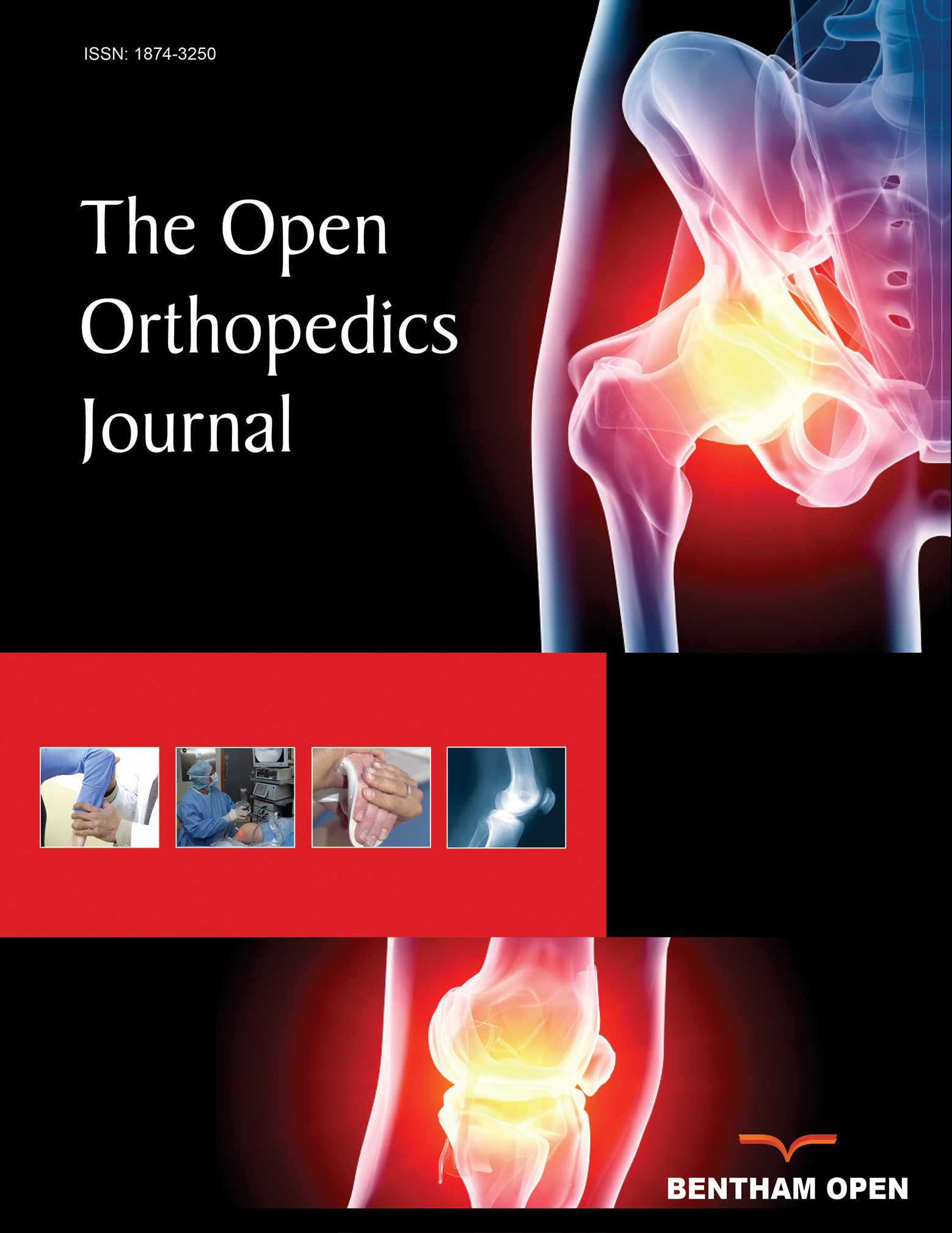All published articles of this journal are available on ScienceDirect.
Osteogenic Predifferentiation of Human Bone Marrow-Derived Stem Cells by Short-Term Mechanical Stimulation
Abstract
It is commonly accepted that bone marrow-derived stem cells (BMSCs) have to be expanded in vitro, but a prolonged time in culture decreases their multilineage potential. Mechanical and biological stimuli have been used to improve their osteogenic potential. While long-term stimulation has been shown to improve osteogenic differentiation, it remains to be seen whether short-term stimulation is also sufficient.
We investigated the influence of 24 hours' cyclic loading (0.05Hz, 4kPa) on gene expression of human BMSCs in three-dimensional fibrin-DMEM constructs (n=7) in a compression bioreactor using DNA-array technology. Expression of the following genes showed a significant increase after mechanical stimulation: 2.6-fold osteopontin (OPN) and integrin-β1 (ITGB1), 2.2-fold transforming growth factor-β-receptor 1 (TGF-β-R1) and 2.4-fold SMAD5 expression, compared to controls without mechanical stimulation (p<0.05 each). Platelet-derived growth factor-α (PDGF-α ) and annexin-V were also significantly overexpressed, the mechanical stimulation resulting in a 1.8-fold and 1.6-fold expression (p<0.05).
Cells were identified as osteoblast precursors with a high proliferative capacity. Given the identical in-vitro environment for both groups, the increase in gene expression has been interpreted as a direct influence of cyclic mechanical stimulation on osteogenic differentiation. It may be postulated that short-term mechanical stimulation results in an improved osseous integration of tissue engineered grafts in bone defect healing.


